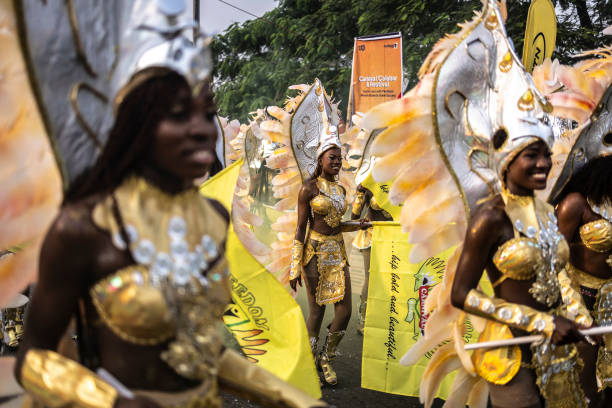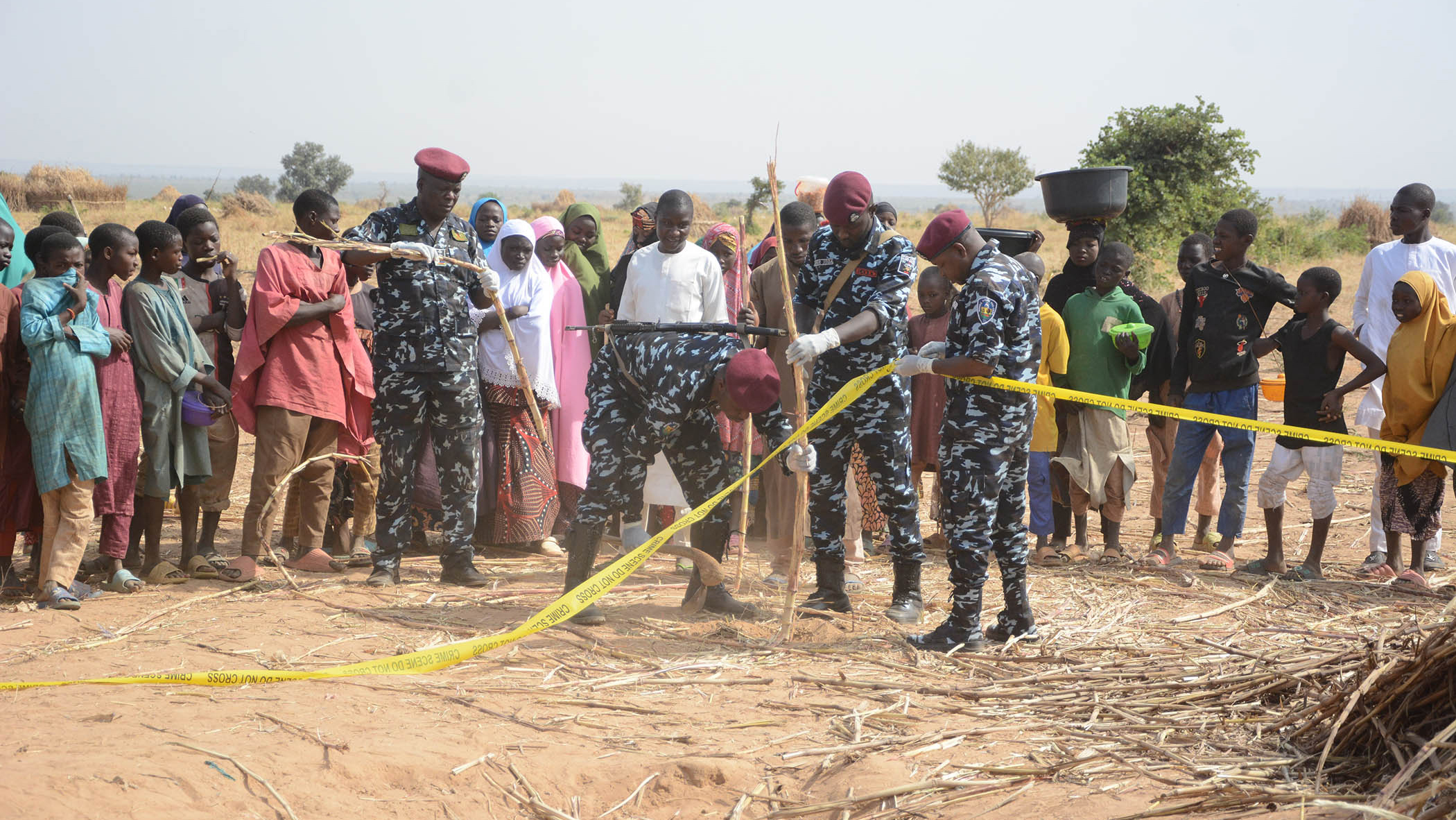
When you think of Nollywood, your mind might flash to stories of affluence shot in Lekki neighbourhoods or the Ikoyi Bridge, which nearly every movie since 2015 has featured from countless different angles. Your mind most likely never goes to the Southeast, where beautiful stories are being told on a daily basis.
With the absence of star-studded events and festivals, Eastern cinema tends to strip away the facade of opulence and present to you, a story that gets to the heart of what filmmaking should be about.
But this is a narrative that Oku, who is seated firmly in the coal city is trying to change with BlackRose, a 2018 Nollywood film currently taking Netflix by storm! The movie is also on the Top 10 list on Netflix America and is sitting comfortably at 7.6/10 on IMDb.
The film follows a young girl named, Rose whose desire for a better life leads her into the arms of a man with a questionable character. Lovestruck and unprepared, she gets caught up in a world she would rather not be a part of.
Starring Blossom Chukwujekwu, Ebele Okaro, Lilian Echelon, Betty Belor, and JKA Swanky, it is a dramatic thriller that everyone needs to see. The movie has received rave reviews and viewers, across the world, are flocking to Netflix to see what looks to be a sleeper hit. But it was not always so.
Shot in Enugu State, Okey ‘The Oracle’ Oku did not have the resources to promote and distribute Black Rose. And to add to his troubles, streaming sites and cinemas did not want to distribute it either. Basically, BlackRose was an underdog from the start with merchants who facilitate distribution in Nigeria describing is incapable of any financial success.
Oku, somehow finished making the film in 2018 and was convinced of its greatness. But according to him, all the mainstream cinemas and distributors thought otherwise. They claimed that the film did not have the complement of faces, actors and funds needed to push it into success. More importantly, they didn’t think the story was commercially viable.”
Oku explained: “We decided to hold a paid preview of the film in Enugu and what we experienced at the event propelled me to attempt the big screen again. Luckily Mr Gibson of Cartege cinema Asaba, having watched the film, loved it and gave the movie a chance on the big screen; the rest is history. This singular opportunity gave BlackRose the audience it deserved and propelled it to the mainstream on a limited release.
Thereafter, efforts were made to get BlackRose and his other film Levi to Netflix. BlackRose got the nod, while Levi, another award-winning film, which stars Ramsey Noauh is on the wait.
The 44-year-old filmmaker also thinks filmmaking could be a much better endeavour in Nigeria if things were more properly structure.
“A lack of adequate support and solid copyright laws from the government plays a major role. Secondly, Nigeria is a dynamic and multi-cultural country. This is evident in the types of film and actors from various regions; as such, the demand for much more distribution sites. The existing cinemas are doing well amidst these challenges, but still not enough. Most screens are in Lagos with few or none in other regions. I believe the narrative is that ‘that’s where the market is.’ That is so because most movies that appeal to one region don’t appeal to others. I believe recent movies have broken this barrier and this is as a result of an understanding of the diversity that exists in the country; only studios can fund such movies. Then, funding is another major problem,” he noted.






